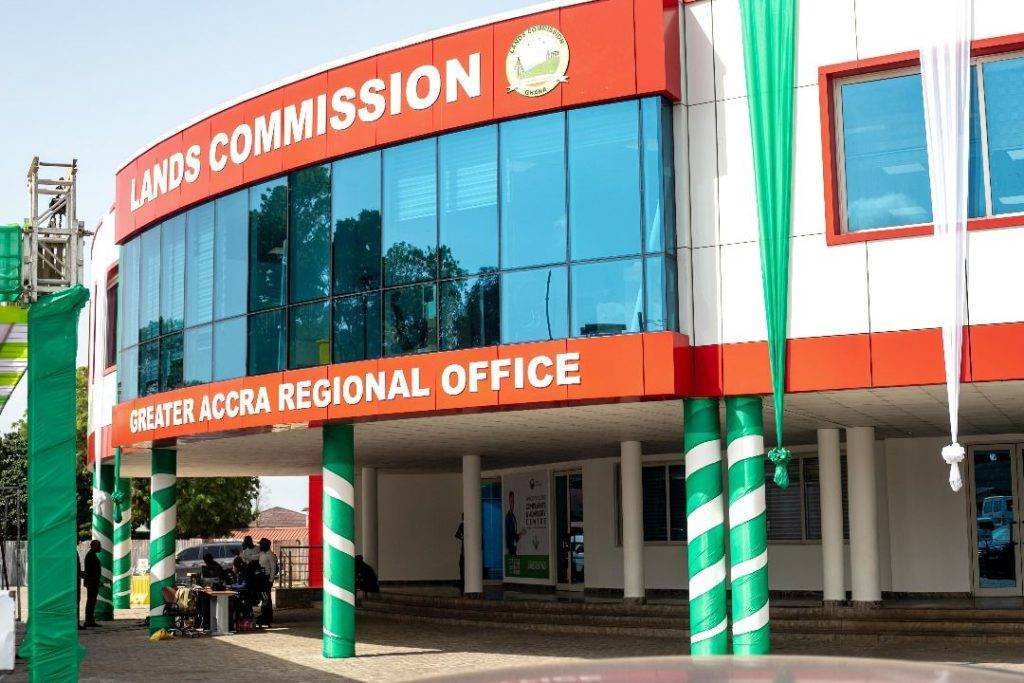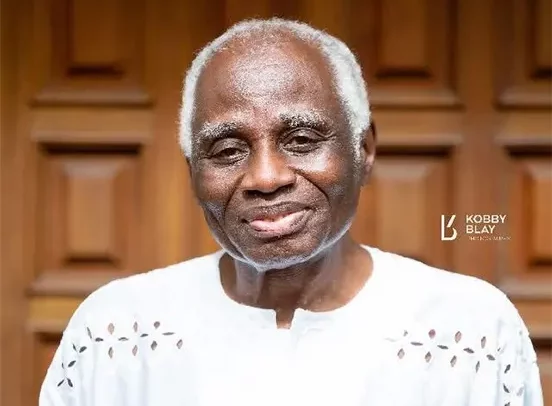
An eleven-member reconstituted Board of Trustees of the Social Security and National Insurance Trust (SSNIT) has been inaugurated in Accra.
Membership of the Board, which has Dr Kwame Addo-Kufuor, a former Minister in the Kufuor's Administration, as its chairman, include Hon. Abena Osei-Asare, Mr Alex Frimpong, Mr Daniel Acheampong, Mr Joshua Ansah and Mr Prince William Ankrah.
The others are Mr Mahamadu Assibi Azonko, Mr David Ofori Acheampong, Benjamin Odotei Asumang, Beatrice Zakpa vib-Sanziri and Dr John Ofori Tenkorang.
In a statement at the inauguration, Mr Ken Ofori-Atta, Minister for Finance, noted that Ghanaians looked up to Social Security Investments/Benefits for developing key infrastructure to grow the economy.
However, Mr Ofori-Atta noted that high and persistent debt and arrears from its public and private contributors, issues of sustainability of the SSNIT Scheme and the expansion of coverage had presented a combination of challenges, among others, resulting in the poor public image and perception of the Trust.
He underscored the importance of SSNIT contribution as part of Government savings and the backbone of Ghana's institutional savings, a significant part of which, he said, was used for Government infrastructure.
He, therefore, entreated the Board of Trustees to devise strategies to ensure that SSNIT engaged in prudent investments of the social security contributions Fund to improve the limit and liquidity of the Trust and for the longt-term financial sustainability of the Scheme.
Mr Ofori-Atta also urged the Board to act in the interest of contributors of the scheme and represent the collective interest of the tripartite members of the Board--Labour (workers), Employers and Pensioners, and the State.
He also urged the Board to maintain effective cost control and management measures to ensure the sustainability of the Fund.
Furthermore, Mr Ofori-Atta said, the Board should work with the National Pensions Regulatory Authority (NPRA) and other stakeholders to resolve all issues in the unification of the various Public Sector Pension Schemes.
He urged the Board to also ensure that SSNIT took full advantage of the improvements made in Technology and Automation of its business processes to enhance its operations especially in the areas of Expansion of coverage, Service delivery and Inter-institutional collaboration in the country.
He pledged Government's determination to ensure that the Board achieved optimum results by implementing relevant policy initiatives such as the reactivation of the SSNIT Informal Sector Pension scheme, including broadening and deepening pension coverage in Ghana which, he said, could envelope the Cocoa Pension Scheme as well, and help alleviate poverty in the retirement period of Ghanaians who worked in the informal sector.
Mr Ofori-Atta said Government would also negotiate and make programmed payments of all pension arrears and assist NPRA in enforcing compulsory enrollment by requiring proof of enrollment similar to what was required of SSNIT's enrollment, in order to meet certain statutory qualifications such as government contracts, and custom approvals.
Social Security has moved from the Provident Fund to Social Insurance Scheme, which has a mandate to replace part of lost income of members when they fall due under any of the contingencies of Old Age, Invalidity, Death or Emigration.
SSNIT, the largest Non-Bank Financial Institution (NBFI) in Ghana, is responsible for the welfare of the Ghanaian worker, the pensioner, victim of occupational incapacity and that of dependants in time of financial need.
Currently, SSNIT has over 170,000 pensioners on the Pension payroll and about 1,300 pensioners added on monthly basis.
While Employers contribute 13% of employees' basic salary, employees contribute 5.5% of pretax income, with the contributions amounting to 18.5%. The waterfall constitutes 11% to SSNIT, 5% to tier 2 and 2.5 % to NHIS.
One major issue confronting the management of pensions in Ghana is the investment of pension funds--the limited availability of investment options and mandatory investment of contributions in low-yielding government bonds in the face of high inflation-- which creates diversification, risk reduction and return maximization problems for the schemes.
Other challenges confronting SSNIT are the reduction in SSNIT contributions after the introduction of the Three (3) Tier Contributing Pension Scheme in January 2010, with available data indicating that the 2016 contribution was less than that 2015 while the active contributors is about a population of 1.33 million and the contributions for the year 2016 amounting to GH?1. 86 billion, down 12% from the year 2015.
Furthermore, while Government debt and arrears are over GH?600million, benefits have been recorded to be GH?1.75billion, which is up 42% from 2015.
In addition, SSNIT investment portfolio and performance are weak, thereby yielding returns that are below expectations while its expenditure-- operations cost, investment cost and general administrative cost, have also been found to be above average of its comparative peers and have been increasing.
Source: ISD (G.D. Zaney)
Read Full Story
























Facebook
Twitter
Pinterest
Instagram
Google+
YouTube
LinkedIn
RSS